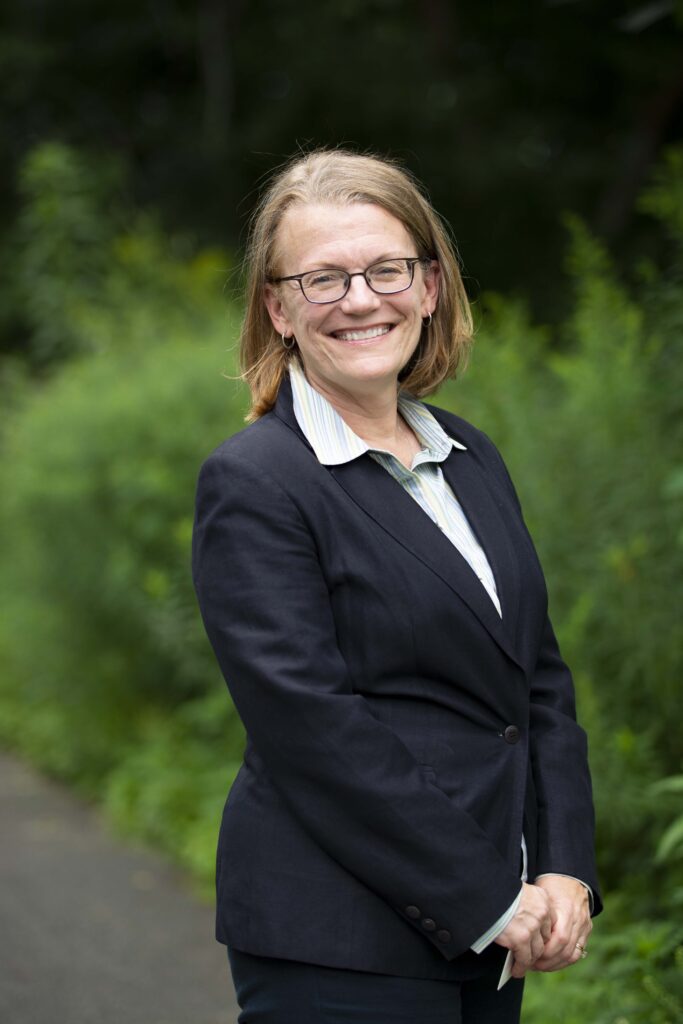
Topics
As the microfinance industry matures, a question that has come into sharper focus is how social investors committed to advancing responsible finance practices should “exit responsibly” from the microfinance institutions (MFIs) in which they have invested over the years. As they prepare to sell their stakes, what options do development-minded investors have to help ensure responsible behavior by their partner MFI into the future and healthy development of the broader market?
In this paper, the Center for Financial Inclusion at Accion (CFI) and the Consultative Group to Assist the Poor (CGAP) seek to spark discussion among the stakeholders working to advance financial inclusion and in particular the investor community that will result in greater clarity around the goal of responsible exits and the policies and practices that would support it.










